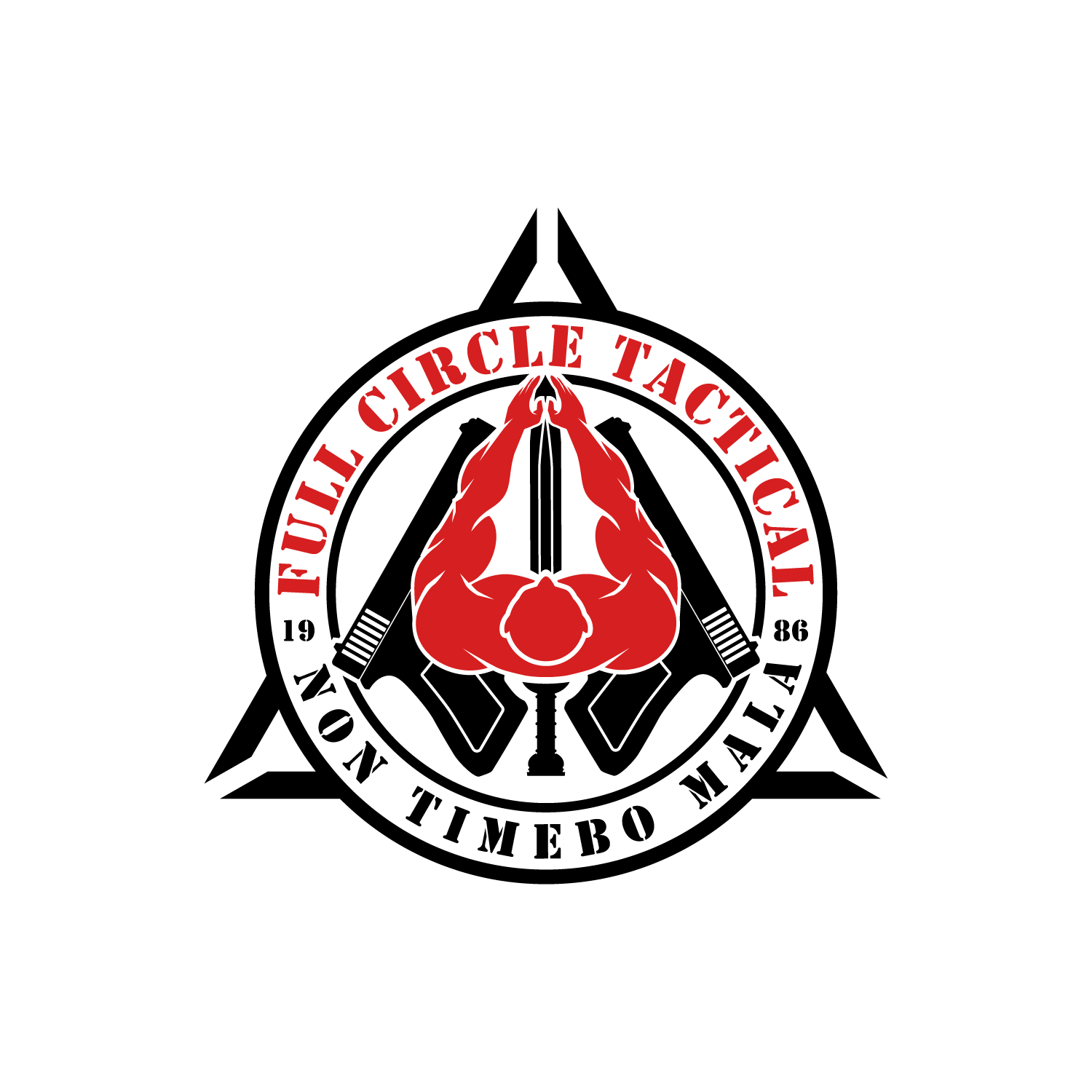Since 1995 Full Circle Tactical (FCT) led the effort to change the way personal protection should be taught by bringing realistic, strategy-based training to Private Security and the Responsible Armed Citizens of New England and beyond. We started with basic firearms safety courses and expanded our course catalog to include training for all levels of skill and experience across several weapons platforms. We are substance matter experts who have 3 decades of hands-on experience as a former Army and Law Enforcement veteran. Experience matters when talking about using the tools of violence, otherwise, you are a just subject matter expert (Knows the theory only)
FCT covers all aspects of gun training, and we have courses for every level. Whatever your goals may be, we can help you to reach them, maybe you want to get your license to carry a firearm and go to the range and shoot your gun once in a while, and if you're going to learn how to defend yourself and your family, we can help you with that too. We are owned and operated by former Police/Army operators; our Military values influenced our teaching philosophy and integrity.
THE CORE FOUNDATION OF OUR METHODOLOGY
Understanding the Distinction Between Principles and Concepts in Teaching, the Full Circle Tactical Training Advantage.
In education, effective teaching involves skillful transmission of knowledge and fostering understanding. To achieve this, instructors must clearly understand the difference between principles and concepts. While both are essential teaching elements, distinguishing between them is crucial for designing meaningful learning experiences and facilitating student comprehension. Let us explore the disparity between principles and concepts and discuss why instructors must understand.
Defining Principles and Concepts:
Principles and concepts are fundamental to any subject matter but serve distinct purposes and require different instructional approaches.
1. Principles:
Principles are general guidelines or fundamental truths that govern a subject or field. They are overarching statements that explain the underlying mechanisms or rules. Principles provide a framework for understanding and applying knowledge in various contexts. For example, in physics, the principle of conservation of energy states that energy cannot be created or destroyed but can only be transferred or transformed. Principles represent the fundamental laws or theories that form the backbone of a subject.
2. Concepts:
On the other hand, concepts are specific ideas or mental constructs that help organize and categorize information. They are building blocks of knowledge representing particular aspects or components of a subject. Concepts are more concrete and tangible than principles and often require students to grasp relationships, classifications, or definitions. For instance, in biology, photosynthesis involves understanding how plants convert sunlight, water, and carbon dioxide into glucose and oxygen.
The Importance of Differentiating Between Principles and Concepts:
1. Effective Instructional Design:
Understanding the difference between principles and concepts allows instructors to design appropriate learning experiences. By recognizing when to emphasize principles or concepts, instructors can tailor their teaching methods to engage students effectively. They can structure lessons that provide a strong foundation of principles while integrating relevant concepts to reinforce understanding.
2. Facilitating Comprehension:
Differentiating between principles and concepts enables instructors to employ suitable instructional strategies. Principles often require a more abstract and theoretical approach, while concepts demand concrete examples, visual aids, or hands-on activities. Instructors can enhance student comprehension and promote deeper learning by selecting the appropriate methods.
3. Promoting Application and Transfer:
Principles are crucial for developing students' problem-solving abilities and facilitating knowledge transfer to real-world scenarios. Understanding the underlying principles allows learners to apply their knowledge to various contexts. By emphasizing principles, instructors equip students with a solid framework for tackling complex problems and adapting their understanding to new situations.
Final Thoughts:
Our Instructors play a critical role in shaping students' understanding of a subject. Recognizing the distinction between principles and concepts is essential for effective teaching. By understanding the fundamental principles and utilizing relevant concepts, our instructors can provide a comprehensive learning experience that fosters comprehension, application, and critical thinking. Embracing this distinction empowers our cadre of educators to deliver impactful lessons and guide our students toward a deeper understanding of the subject matter.
